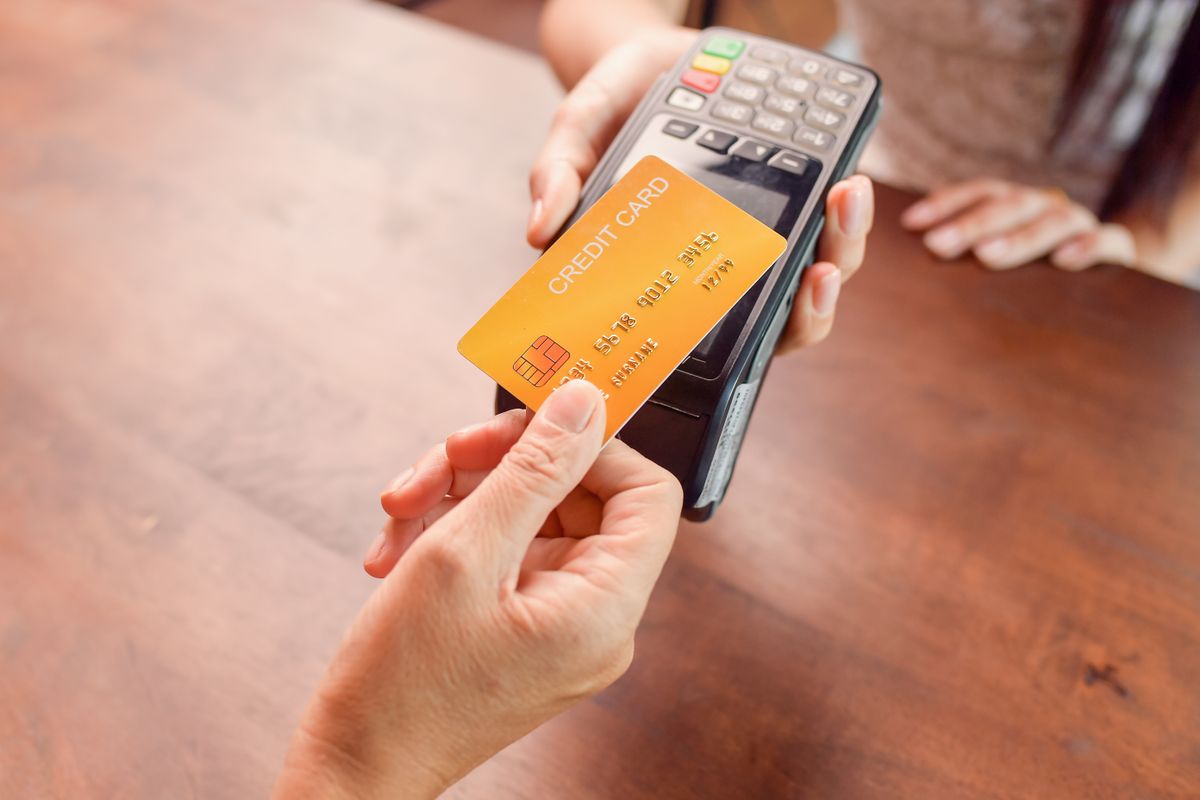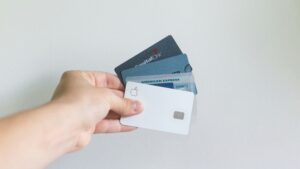1. Know the terms and conditions of your credit card
Before you start using your credit card, it’s important to familiarize yourself with the terms and conditions that apply. Read the contract carefully and make sure you understand the fees, interest rates, payment terms, and any other relevant information. This will help you make informed decisions and avoid unpleasant surprises in the future.

2. Set a monthly spending limit
One of the best ways to avoid excessive debt is to set a monthly spending limit for your credit card. Analyze your monthly income and expenses and determine how much you can afford to spend without compromising your financial situation. Once you have set this limit, make sure you stick to it and don’t exceed it.
3. Pay the full balance each month
Whenever possible, try to pay off your credit card balance in full each month. This will help you avoid interest and debt buildup. If you can’t pay off your entire balance, at least try to pay more than the minimum payment required. This way, you’ll reduce the time it will take to pay off your debt and save money on interest.
4. Use your credit card responsibly
Using your credit card responsibly means not spending more than you can afford and not using it for impulse or unnecessary purchases. Before purchasing with your credit card, ask yourself if you need it and if you will be able to pay it off in full at the end of the month. Also, avoid using your credit card as an extension of your salary, and don’t use it to cover basic expenses like rent or food.
5. Avoid withdrawing cash with your credit card
Withdrawing cash with a credit card can be tempting in emergencies or when you need cash quickly. However, this option is often expensive. In addition to the interest you will be charged for the cash withdrawal, you may also be charged a cash advance fee. If you need cash, it is better to use a debit card or go to an ATM.
6. Keep track of your expenses
Keeping track of your spending will help you keep better track of your finances and avoid surprises when you receive your credit card statement. You can use a spreadsheet, a mobile app, or simply jot down your spending in a notebook. Record every purchase you make with your credit card and be sure to regularly review your statement to verify that all charges are correct.
7. Protect your personal and financial information
The security of your personal and financial information is essential when using a credit card. Make sure to keep your details confidential and do not share your credit card number with unknown people or on unsecured websites. Also, regularly review your account statements and report any suspicious activity to your financial institution immediately.
Making good use of credit cards requires responsibility and knowledge. Know the terms and conditions of your card, set a monthly spending limit, pay the balance in full each month, use the card responsibly, avoid withdrawing cash, keep track of your spending, and protect your personal and financial information. By following these tips, you can make the most of the benefits of your credit card without falling into unnecessary debt.



